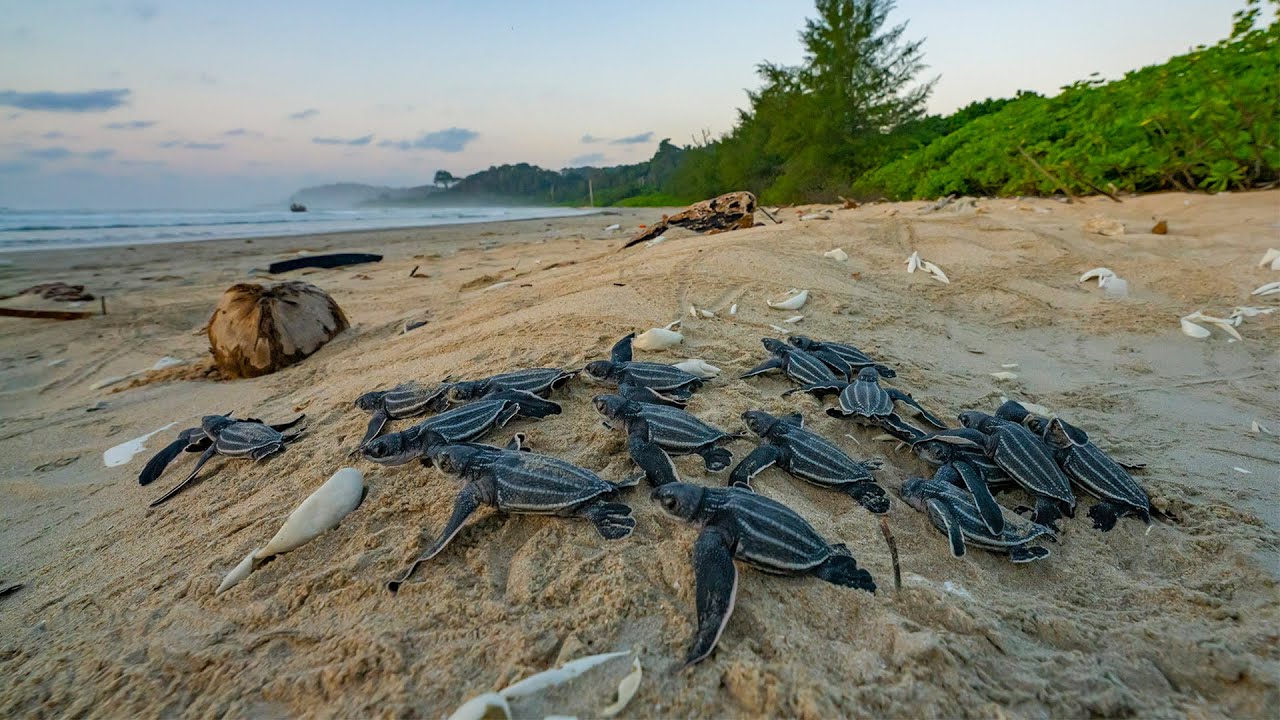India’s main opposition party, the Indian National Congress, joined the rising chorus of voices against the multi-million construction project at one of the country’s environmentally sensitive islands. The project has been proposed by the right-wing government led by Narendra Modi. Groups opposing the project have demanded the immediate suspension of all clearance given so far and a thorough review of the project which threatens the natural habitat of rainforests, rare species of animals and endangered tribes.
India’s NITI Aayog, a government think tank conceptualized the project in March 2021. The project worth Rs. 72,000 crore (over USD 9 billion) is officially called as “Holistic Development of Great Nicobar Island at Adman and Nicobar Islands.”
Implemented by a government undertaking named Andaman and Nicobar Islands Integrated Development Corporation (ANIIDCO), the project will comprise the building of an international transshipment terminal, an international airport which will be used both by the military and the civilians, a power plant, and a township for over 300,000 people. There are only around 8,000 people living on the Island now.
The project puts the island’s rainforests and rare species of flora and fauna in grave danger. It requires the diversion of around 130 square kilometers of forest land and the felling of around 1 million trees. It will ultimately require clearing of nearly 244 square kilometers, nearly a fifth of the great Nicobar Island.
Great Nicobar is part of the Andaman and Nicobar Islands in the Bay of Bengal, northern Indian Ocean. It is administered as a union territory in India. The Island is the southernmost tip of India and home of dense rainforests and a UNESCO biosphere reserve. It is the home of numerous endangered species of flora and fauna including giant leatherback turtles, the great nicobar crake, Nicobar Megapode, hundreds of kilometers of mangroves and other rare species of trees and corals.
The Giant Leatherback turtles and Nicobar Megapode are categorized as highly protected animals under India’s wildlife protection act of 1972. Leatherback turtles are considered as one of the oldest surviving creatures on the earth.
It is also the home of the Indigenous and tribal communities, Shompen and Nicobarese. The Shompen are categorized as a vulnerable tribal group and their population is reported to be just 250. They are vulnerable to connection with the outside world due to their isolated living.
Since the island sits near the Malacca strait, one of the world’s busiest sea routes, the government of India wants to exploit the location for commercial purposes. However experts have also hinted that the Indian government is using the project for strategic purposes to have greater military presence in the region and control over the trade route.
Activists demand action against environmental deregulation
Environmental activists have alleged that the Modi government is averse to honestly assessing the environmental impact the project would have and have rushed clearances in its urgency to implement it. India’s National Green Tribunal had to intervene after the news of deficiencies in environment clearances became public in April last year. However, activists criticized its failure to halt the project altogether.
The statement by Congress on June 17 demanded “immediate suspension” of all clearances granted to the project so far claiming the clearances have been granted in violation of “due process, legal and constitutional provisions protecting tribal communities, and the project’s disproportionate ecological and human coast.”
Jairam Ramesh, Congress leader, demanded an impartial review of the project by the parliamentary committee. He had earlier alleged that the Bharatiya Janata Party (BJP) led government is committing “ecocide” by defying environmental and constitutional norms.
In order to expedite the project, the Modi government, in January 2021 “denotified” two wildlife sanctuaries on the island including the Galathea way, one of the world’s largest nesting sites for the giant leatherback turtle. The denotification meant greenlighting the construction activities in otherwise prohibited areas.
Local tribal groups in the Andaman Nicobar Island have also opposed the project. They withdrew their consent given earlier in November 2022 claiming the government had misled them by withholding crucial information. Consent of communities living in a scheduled area is mandatory to carry out any project in the region as per Indian laws.
The Communist Party of India (Marxist) had announced in its 2024 elections manifesto that the “pro-corporate project” must be scrapped as it is “environmentally disastrous.”
Several environmental activists, academics and anthropologists have written to the government highlighting projects’ unconstitutional nature and its adverse environmental impacts demanding its withdrawal.
Some have also launched campaigns against the project calling it “disaster capitalism” and mobilizing public opinion against it.
Writer Amitav Ghosh commented that, “Even at a time of accelerating environmental vandalism around the world, what the Indian government is planning in the Andaman and Nicobar Islands stands out for its sheer folly and shortsightedness…these plans are a perfect example of ‘disaster capitalism’, in which the government is taking advantage of the displacement of the native Nicobarese by the tsunami of 2004 to make a massive land grab for a completely senseless plan of ‘development.”
Activists have also alleged that the government has even refused to allow some local tribal population to return to their homes from their resettlement colonies built after the 2004 tsunami in the region as it wants to use their land for the project.
Environmentalists have claimed that Nicobar Island is in the “ring of fire” zone with a very high risk of earthquakes and any kind of large scale construction would put thousands of lives in danger apart from putting the ecology in imbalance.





